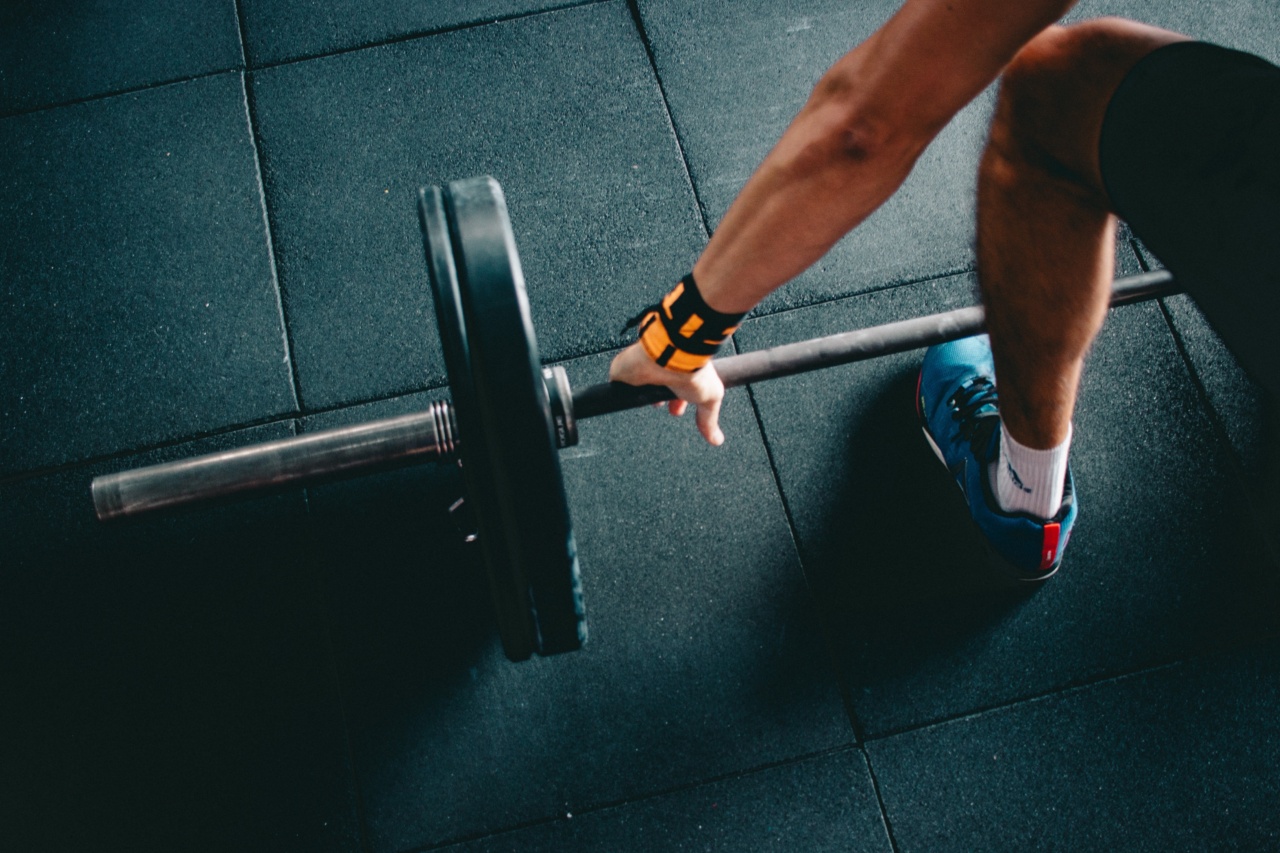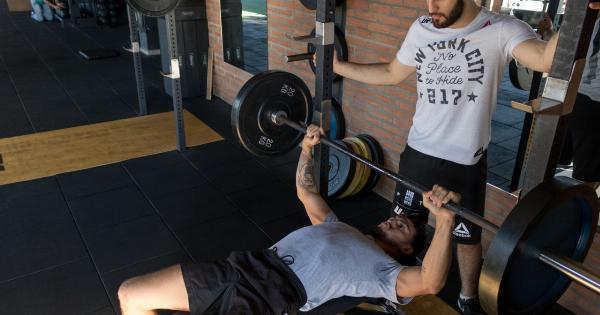Our leg muscles play a vital role in our everyday activities. They provide mobility, balance, and strength necessary for walking, running, and various physical tasks.
However, certain behaviors and habits can harm these important muscles, leading to discomfort, pain, or even serious injuries. In this article, we will explore eight common behaviors that can negatively impact your leg muscles and provide insights on how to avoid them.
1. Prolonged Sitting
Sitting for extended periods can cause detrimental effects on your leg muscles. When you sit for long hours, the muscles in your legs remain inactive, leading to stiffness and reduced blood flow.
Over time, this can weaken your leg muscles and increase the risk of conditions like deep vein thrombosis (DVT). To counteract the harmful effects of prolonged sitting, it is crucial to take regular breaks, stretch your legs, and engage in light exercises.
2. Sedentary Lifestyle
A sedentary lifestyle that lacks physical activity and exercise can harm your leg muscles. When you do not engage in regular movement, your leg muscles become weak and prone to injuries.
Additionally, leading a sedentary lifestyle can contribute to weight gain, which places excess strain on your leg muscles. Incorporating regular exercise, such as walking, jogging, or cycling, into your routine can help strengthen your leg muscles and improve overall leg health.
3. Improper Warm-up
Failing to warm up properly before engaging in intense physical activities can lead to muscle strains and injuries in your legs. When you skip warm-up exercises, your leg muscles are not adequately prepared for the exertion that follows.
Always spend a few minutes performing dynamic stretches and light cardio exercises to warm up your leg muscles, increase blood flow, and reduce the risk of strains or tears.
4. Overtraining
While regular exercise is beneficial for your leg muscles, overtraining can have the opposite effect. Pushing yourself beyond your limits without allowing sufficient rest and recovery time can lead to muscle fatigue and strain.
Overtraining can also increase the risk of stress fractures, shin splints, and other leg injuries. It is crucial to listen to your body, vary your workouts, and incorporate adequate rest days to give your leg muscles time to recuperate.
5. Wearing Improper Footwear
The shoes you wear have a significant impact on your leg muscles. Wearing improper footwear, such as high heels or shoes without proper arch support, can strain your leg muscles and alter your natural gait.
This can lead to muscle imbalances and conditions like plantar fasciitis or Achilles tendonitis. It is essential to choose comfortable and supportive footwear that suits the activity you are engaging in to protect your leg muscles from unnecessary strain.
6. Ignoring Pain or Discomfort
Ignoring pain or discomfort in your leg muscles can exacerbate existing issues and lead to further damage. Pain is your body’s way of signaling that something is wrong.
If you experience persistent pain, aches, or discomfort in your leg muscles, it is crucial to seek medical attention. Ignoring or neglecting these symptoms can delay necessary treatment and potentially worsen the condition.
7. Neglecting Stretching and Flexibility Exercises
Flexibility plays a crucial role in the health of your leg muscles. Neglecting stretching and flexibility exercises can cause your leg muscles to become tight and prone to injuries.
Regular stretching exercises help improve muscle elasticity, range of motion, and overall leg muscle function. Consider incorporating activities like yoga or dedicated stretching routines into your fitness regimen to keep your leg muscles supple and healthy.
8. Poor Nutrition and Hydration
Your leg muscles require proper nutrition and hydration to function optimally. Failing to provide your body with adequate nutrients and hydration can lead to muscle cramps, weakness, and fatigue.
Ensure you have a well-balanced diet that includes lean proteins, whole grains, fruits, and vegetables to support your leg muscle health. Additionally, staying hydrated throughout the day helps maintain muscle flexibility and prevents dehydration-related muscle issues.






























